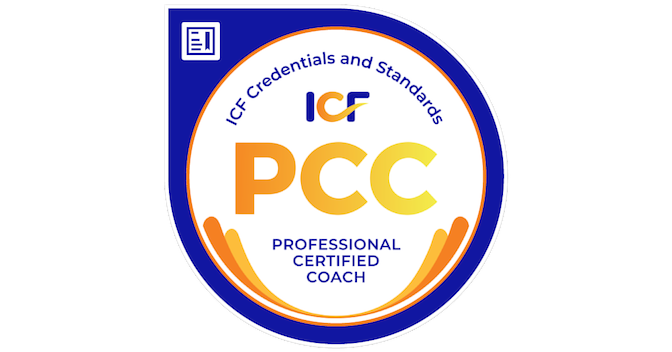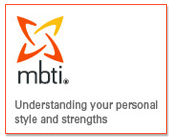 You may recall that I’ve decided my 2011 Word of the Year is “Peace.” Each month, I’m focusing on one aspect of the Life Wheel (see my home page for a free download), diving deeply into the topic at hand to learn more, then apply what I learn to create more peace in my life and the lives of others. January’s focus was on finances.
You may recall that I’ve decided my 2011 Word of the Year is “Peace.” Each month, I’m focusing on one aspect of the Life Wheel (see my home page for a free download), diving deeply into the topic at hand to learn more, then apply what I learn to create more peace in my life and the lives of others. January’s focus was on finances.
I asked a lot of questions, and I stirred up some stuff.
In my Peaceful Finances teleclass, I asked particpants to tell me about their money philosophy. Their answers ranged from “I love money and money loves me” to “There’s never enough.” Not surprising. What was surprising for participants, though, was the fact that every one of them admitted they’d never thought about how they’d learned about money. When they thought about the responses to the questions below, a lot of light bulbs went off.
What money messages did you receive?
What did your mom tell you about money? How did your dad feel about money? Can you recall your first memory of money? What do you believe about people who have money? What did money cause to happen (or not happen) in your family?
What do you believe about money now?
I work with clients across the financial spectrum – what we’d call “rich,” and what we’d call “poor” – and the beliefs they’ve got about money might surprise you. Wealthy or not, most of my clients’ relationship with money is one of fear. I think they’re a good representation of what’s going on in the minds of most Americans. Our advertising culture often encourages fear (of not measuring up, of not fitting in, etc.) in order to create consumption.
If we view things through a “lens” of scarcity, everything we think, say or do is about overcoming a sense of lack.
Lynne Twist, author of The Soul of Money, talks about the “myths of scarcity,” and asks us to notice how often our language reflects lack – “I didn’t get enough sleep,” “there aren’t enough hours in the day,” etc. If you’re focused on lack, you’re likely to experience more of it, drawing it toward yourself in a myriad of ways.
How’s that workin’ for you? Not so much? Then create the habit of respecting money.
You may think you respect money now, but if you’re feeling anything other than peaceful about it, there’s more work to be done. In her book, Overcoming Underearning ™, Barbara Stanny suggests these actions:
- observe your attitudes, beliefs, thoughts and feelings and choices about money
- determine what you need to let go of
- to educate yourself, read something about money
- be direct and ask for what you want
- spend less than you earn
- write down your intentions about money
- set up a debt repayment plan
- get clarity by writing down everything you spend
- write about money in your journal
- find a financial advisor
- get an accountability buddy and be honest with them about your spending and saving
- act as if you’re worth it (deserving of money)
- think bigger
- assemble a support community
- stop using credit cards and pay for everything with cash for one week, one month, or one year
There are probably loads more that we could come up with, but I think you get the idea. Like any desired positive change, the first step toward peaceful finances is awareness, then honesty about your current situation, followed by small steps taken regularly to create new habits.
If you’d like to join in the conversation about peaceful finances, hop onto the Peace by Design Facebook page and click on Discussions. I’d love to hear from you!



